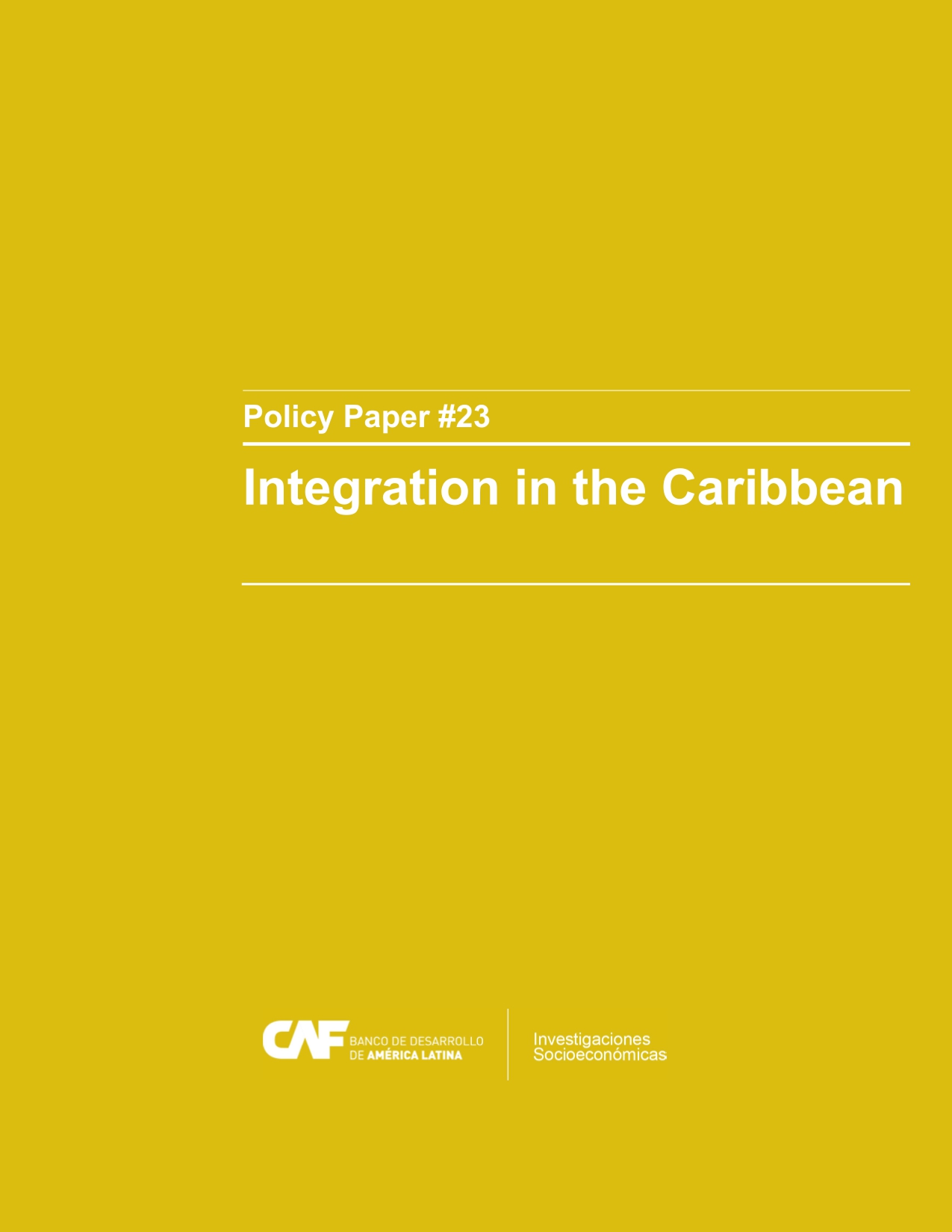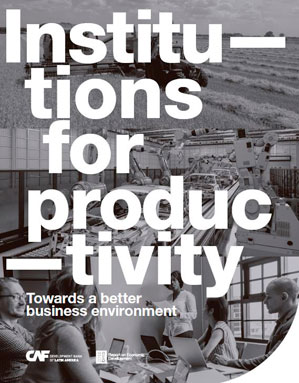Mostrar el registro sencillo del ítem
Pathways to integration: trade facilitation, infrastructure, and global value chains
| dc.contributor.author | Sanguinetti, Pablo | |
| dc.contributor.author | Moncarz, Pedro | |
| dc.contributor.author | Vaillant, Marcel | |
| dc.contributor.author | Vaillant, Marcel | |
| dc.contributor.author | Allub, Lian | |
| dc.contributor.author | Juncosa, Federico | |
| dc.contributor.author | Barril, Diego | |
| dc.contributor.author | Cont, Walter | |
| dc.contributor.author | Lalanne, Álvaro | |
| dc.date.accessioned | 2022-06-02T19:10:05Z | |
| dc.date.available | 2022-06-02T19:10:05Z | |
| dc.date.issued | 2022-06-02 | |
| dc.identifier.citation | Sanguinetti, P., Moncarz, P., Vaillant, M., Vaillant, M., Allub, L., Juncosa, F., … Lalanne, Á. (2022). Pathways to integration: trade facilitation, infrastructure, and global value chains. Caracas: CAF. Retrieved from https://scioteca.caf.com/handle/123456789/1907 | en_GB |
| dc.identifier.isbn | 978-980-422-274-0 | |
| dc.identifier.uri | https://scioteca.caf.com/handle/123456789/1907 | |
| dc.description.tableofcontents | Over the last 30 years, most Latin American countries have unilaterally and multilaterally implemented trade liberalization policies within regional and extra-regional trade agreements, resulting in a reduction of tariff and non-tariff barriers. The results were somewhatndisappointing. Trade and investment raised modestly, not matching the expectations of more substantial gains on growth and welfare. One reason for this is that trade liberalization did not generate high and sustained increases in intraregional trade. This report explores the hypothesis that the low participation of Latin America firms in international trade ows is partly due to the limited use of regional trade as part of a strategy of global export expansion. This hypothesis focuses on the feedback between regional and global openness, or what has been called «open regionalism.» To achieve greater regional and global integration, the report proposes initiatives in three speci c areas: trade facilitation, physical infrastructure, and productive integration. | es_ES |
| dc.language.iso | en | es_ES |
| dc.publisher | CAF | es_ES |
| dc.rights | CC-BY-NC-ND | es_ES |
| dc.rights.uri | http://creativecommons.org/licenses/by-nc-nd/4.0/ | es_ES |
| dc.subject | Aduanas | es_ES |
| dc.subject | Biocomercio | es_ES |
| dc.subject | Comercio internacional | es_ES |
| dc.subject | Economía | es_ES |
| dc.subject | Infraestructura | es_ES |
| dc.subject | Integración | es_ES |
| dc.subject | Logística | es_ES |
| dc.subject | Políticas públicas | es_ES |
| dc.subject | Sector productivo | es_ES |
| dc.subject | Transporte | es_ES |
| dc.title | Pathways to integration: trade facilitation, infrastructure, and global value chains | es_ES |
| dc.type | Book | es_ES |
| dc.publisher.city | Caracas | es_ES |
Ficheros en el ítem
Este ítem aparece en la(s) siguiente(s) colección(ones)
-
4.1 Reporte de Economía y Desarrollo (RED)
Serie anual que aborda los temas críticos para el desarrollo sostenible regional. Con la divulgación de estos contenidos se espera contribuir al diseño de las políticas públicas de los países de la región.





